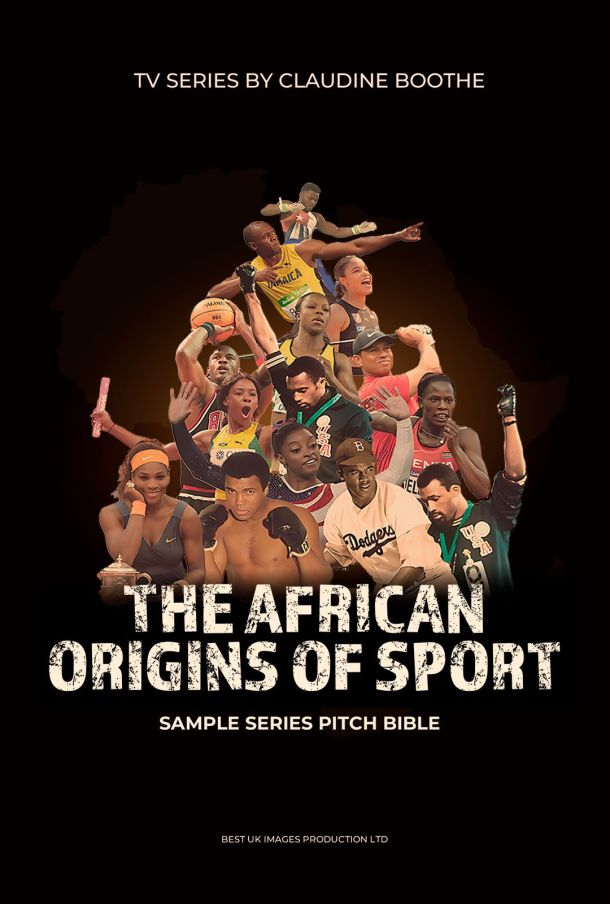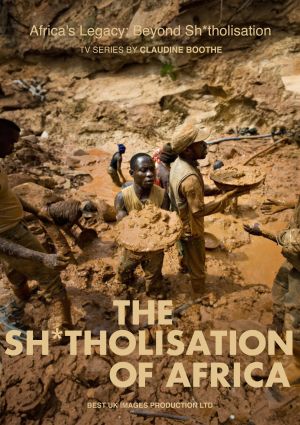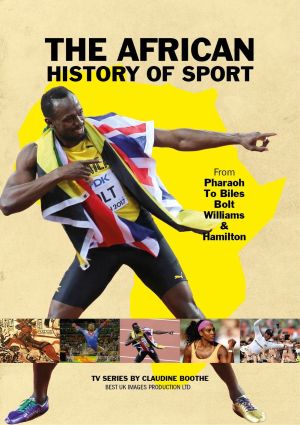The African Origins Of Sport
“African Origin of Sport” is a six-part documentary series that tells a compelling story about the origins of iconic Olympic and other popular sports. The series is supported by an archive of unimpeachable evidence left by Pharaohs, Queens, and Kings of Africa; about the philosophical, spiritual, leisure and military achievements of their civilizations, some of which became the sports we know and love today.
Watch the Trailer
In addition, the series highlight how what is generally considered today as ‘physical education and sport’ were created by ancient Africans as spiritual practices, in an intellectual and medicinal framework, and were mainly used for spiritual and therapeutic purposes.
Synopsis
At least five thousand years ago, ancient African Civilizations such as KMT/Egypt, Nubia/Sudan, Ethiopia, Nile Valley East African Kingdoms, west, central, and southern Africa, peopled by Black Africans, invented a ‘Grand Philosophy’, which they gave several names including: Swtwt (SWETWET), meaning ‘to make the heart light’; Sedjay-Her, ‘to amuse oneself’; and ShmhIB (SEKMEK-IB) ‘to make the heart forget’. ‘Sport’ is a modern English word first used in 1440. It is derived from the French word ‘deporter’, derived from the Latin word ‘deportare’. The closest Ancient Egyptian words for ‘sport’ are “SWTWT”, “SHMH-iB” and “SDJY-HR” (SedjayHer). We do not know if these names classified different types of sport. What we do know is that most Olympic blue-ribbon, popular and iconic sports originated in Africa—and not Greece—as is the established perception.
Contributions from Eminent Historians and Sports Star
The series use live action footage, archaeological materials, archival images and animation to illustrate historicity. Eminent historians from Cambridge, Loughborough and several African universities provide content, verification and validation of the sports/games/exercise stories. In addition, current and retired sports stars, including possibly the Williams sisters, Usain Bolt, Marlene Ottey, Linford Christie, Christine Ohuruogu, possibly Lewis Hamilton, John Barnes and Ian Wright, among others, have been approached to «present and discuss» the African origin of their sport..
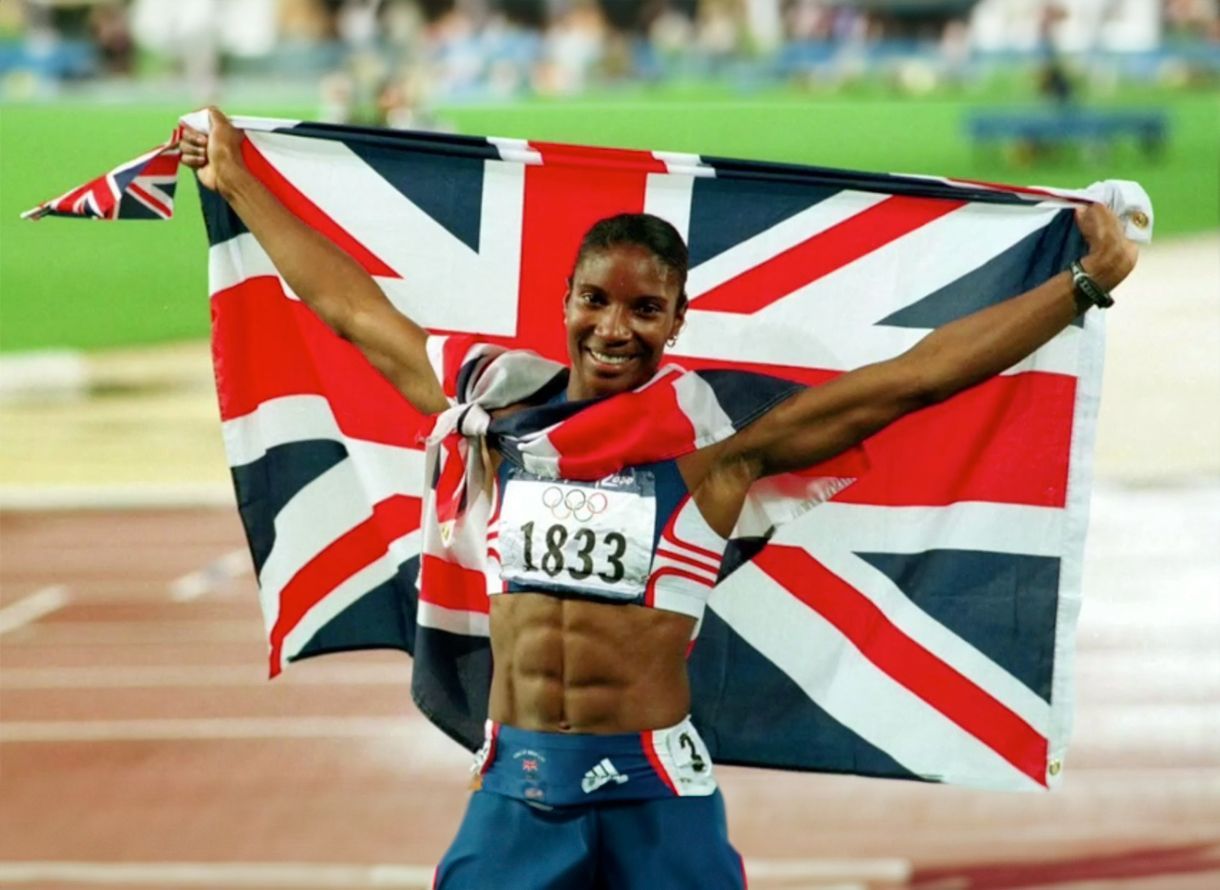
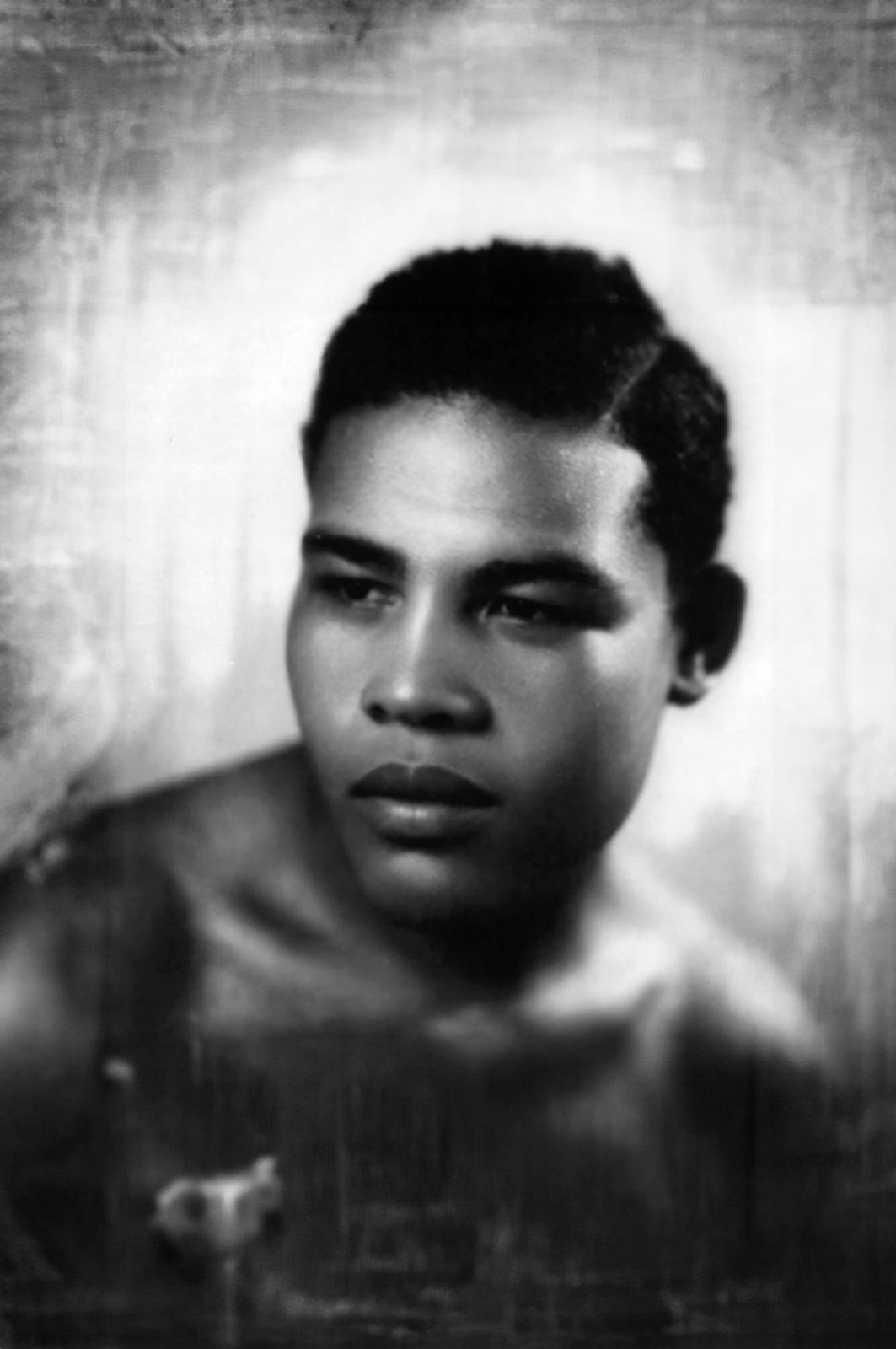
Aimed at all sports lovers, especially lovers of ball sports, gymnastics, tennis, martial arts, wrestling, water sports, Formula One, hockey, horse racing, etc., this documentary is an eye-opener on how African sporting history has been excluded and how its recognition can change the way we view sport today.
Exploring African concepts in each episode
1: How Hunting and Gathering Evolved into Sports and Games
The history of human evolution and of the modern Olympic Games begins with primitive activities that were used for hunting and gambling. Greek tribes, such as the Elysians, learned to organize sports from ancient Africans, particularly the Kemetians or Egyptians, who showed their games to visitors such as the Proto-Greeks. Illustrations from Egyptian tombs confirm that foreigners, including Hellenic tribes, participated in these sporting events centuries before Greece held its first Olympiad.
2: The African Roots of Formula One Racing
The history of human evolution and the modern Olympic Games begins with primitive activities used for hunting and play. Greek tribes, such as the Elysians, learned to organize sports from ancient Africans, particularly the Kemetians or Egyptians, who showcased their games to visitors, including the proto-Greeks. Egyptian tomb illustrations confirm that foreigners, including Hellenic tribes, participated in these sporting events centuries before Greece held its first Olympics.
3: From Athletic Pharaohs to Modern Olympic Speeders
The third program explores the African origins of athletic achievements, highlighting early pioneers such as pharaonic and royal African figures, as well as modern legends like American sprinters Jesse Owens and Wilma Rudolph, icons of track and field, especially at the Olympic level. It also tells the story of Sir Mo Farah, who started as a migrant from Somalia and became a celebrated British knight. The program features inspiring long-distance runners from Ethiopia, Kenya, South Africa, and the UK. The athletic feats of ancient pharaohs and their armies are commemorated on Egyptian tomb walls.
4: Aquatics: Do They Say Black People Can’t Swim?
Ancient Africans living near the Nile used it for food, travel, and recreation, as reflected in their culture and tomb art. Swimming was part of the education for royal children, especially the sons of nobles, likely for both safety and leisure. The Prince of Siut mentioned that royal children learned to swim. Water activities such as swimming, rowing, and sailing evolved from military and hunting needs. Tomb art shows scenes like King Imhotep rowing, along with images of diving and water jousting, linking ancient practices to modern Olympic aquatic sports.
5: African Origins of Martial Arts
Boxing, fencing, and wrestling, revered sports, originate in Africa. There is abundant evidence of this in West and North Africa. Fencing, or “stick fighting,” is depicted in a 1350 B.C. relief from the tomb of Meri-Re II in Egypt. Wrestling images can be found in Nubia, Senegal, and Kemet, from Ptah Hotep’s tomb (2400 B.C.) to the fall of Kemet in 30 B.C. The oldest images of boxing come from Samaria (modern-day Iraq), where carvings show African fighters wearing wristbands to protect their hands.
6: African Roots of Gymnastics
Gymnastics, a popular Olympic sport, shares roots with KMT Smai Tawi, which influenced Indian yoga and dance. It originated in ancient Egyptian rituals. The tomb of Prince Kheti at Beni Hasan features images of girls in gymnastic positions like the bridge, back flip, walkover, and handspring—moves seen in modern gymnastics. Some sculptures even depict cartwheels, suggesting these positions were part of religious dances.
Créditos
Producción: Best UK Images Production Ltd.
Copyright: Claudine Boothe
Contacto: claboju@aol.com

